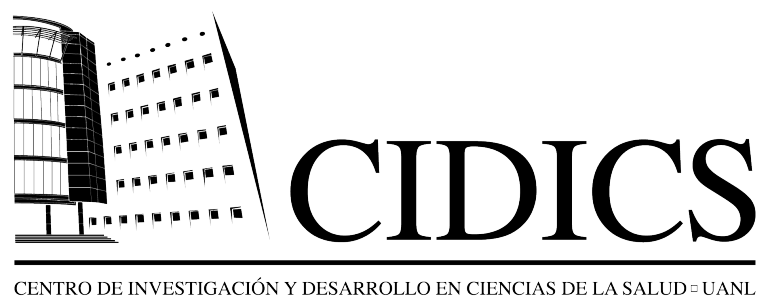Lecture: “Vaccines: humanity’s greatest invention”
On the fifth day of the 25th National Week of Science and Technology, the lecture was held by MD Carlos Eduardo Medina De la Garza, Chief of the Immunomodulators Unit and Teacher of the Immunology Service of the University Hospital. The lecture was attended by students from High School No. 23 of the Autonomous University of Nuevo León. The students interacted during the lecture and had the opportunity of visiting the Dentistry, Tissue Engineering, and Immunomodulators Units.
The lecture held topics like the background and history of vaccination, mentioning smallpox, and poliomyelitis and the later variolation that meant the beginning of vaccines. On the 19th century, Chemist Louis Pasteur (1822 – 1895) developed vaccines scientifically, calling it “vaccination”. Vaccination is defined as a specific and protective immune stimulation for a person that is susceptible or unprotected; that is, that can contract any given disease.
It was explained that vaccines are far from dangerous, though it is not assured that side effects can occur after being vaccinated. All medication and medical interventions have a risk of an adverse side effect. Vaccines act stimulating the immunological system to produce antibodies that can effectively combat infectious diseases, turning the vaccinated person immune to said infections.
MD Medina De la Garza mentioned that there are 2 types of immunization: active, inducing the initial action, it is slow and has an accessible price; and passive, that is to transfer the initial action, it is high but it is expensive. Additionally, it was mentioned that vaccines are effective when they protect the vaccinated individual on the event of contagion and when the frequency of a disease in a group of people diminishes. Anti-vaccine groups are not supported on veridical, nor scientific information, and the information is frequently exaggerated. Each year, vaccines save more than two million lives in the whole world. Vaccines do work!

